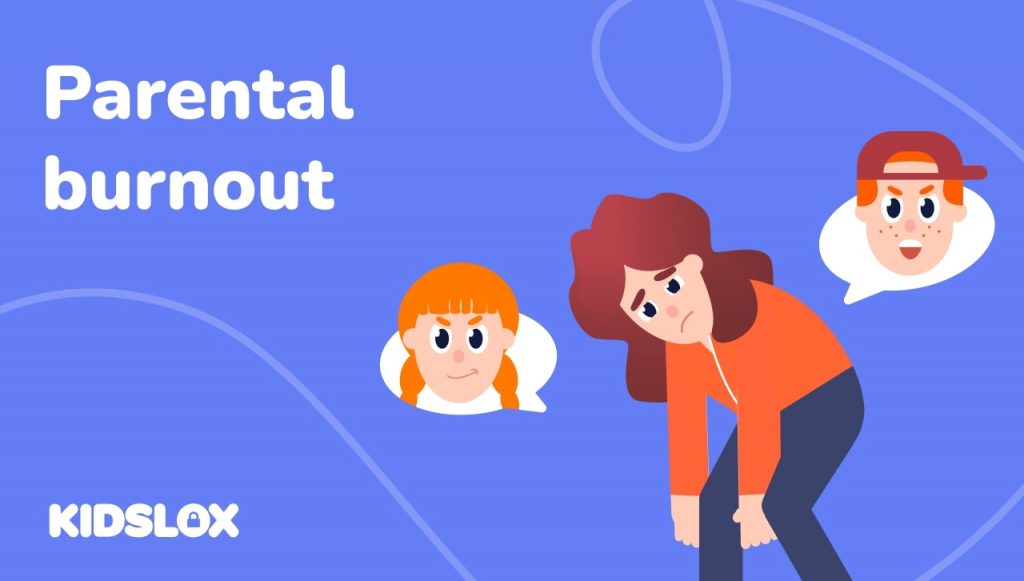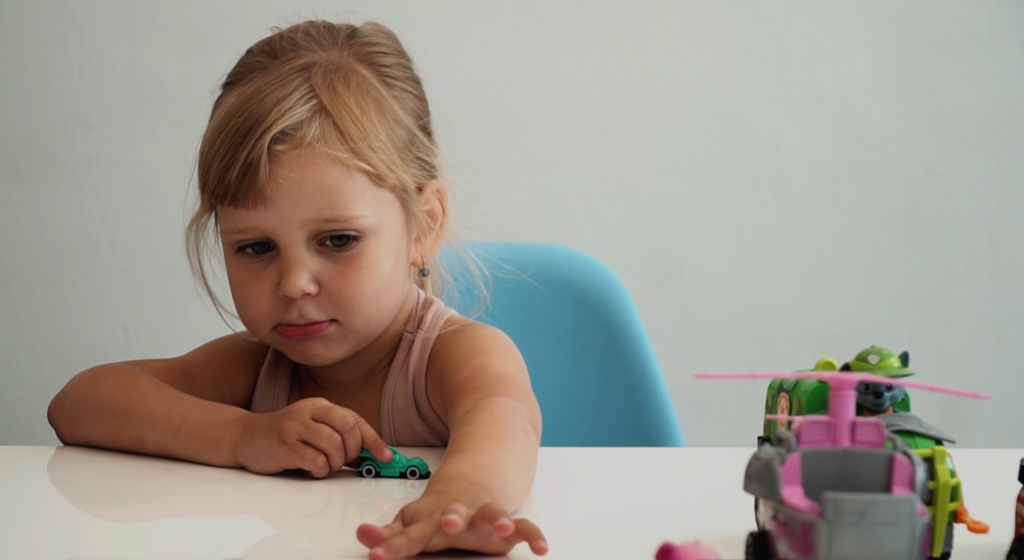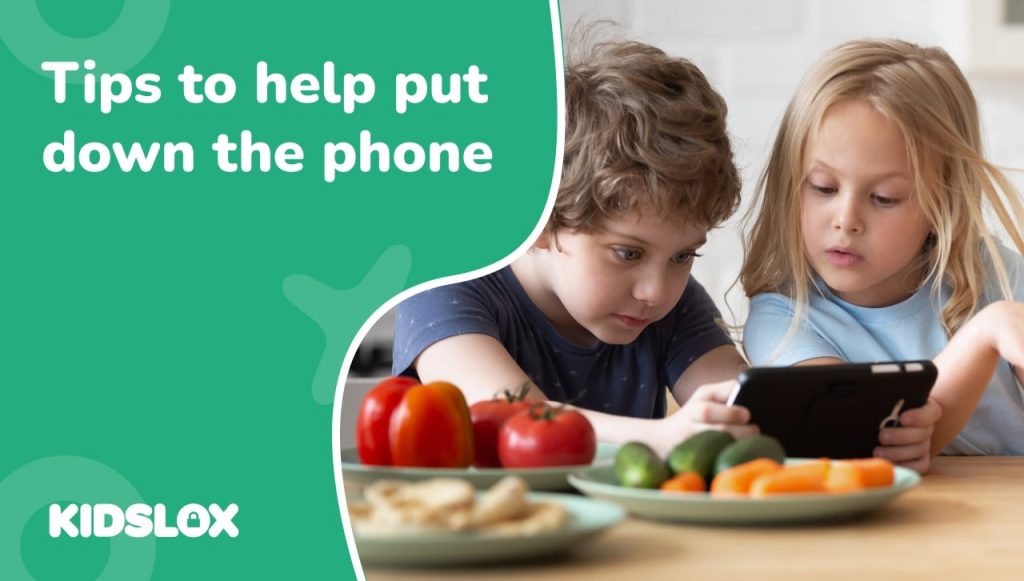We discuss the signs and symptoms of parental burnout and what you can do to recover from it if you suspect you are suffering from one.
The concept of burnout is nothing new. Many people experience a period in their life where they suffer from the ill effects of too much stress, pressure, and not enough time and resource to ‘do it all’.
Now, in the aftermath of the Covid-19 pandemic, we’re hearing the term ‘parental burnout’ more than ever. In fact, Google Trend data supports this with spikes in search volumes for the term coinciding with the peak of the Delta variant’s impact in 2021.
During that impossible period of time, when families around the world were under ‘lockdown’, parents were asked to wear the hats of guardian, teacher, and entertainer alongside continuing to work and fulfilling all the other responsibilities in their lives. Understandably, this led to a wave of people who had to do more alone and with limited time and resources than ever before.
There’s a reason for the old adage, ‘it takes a village’ – parenting is a psychically and emotionally demanding job. Without the support of a community, the responsibilities associated with nurturing your child’s development, nutrition, learning and more, can take a serious toll on your mental and physical health. And, the effects can be exacerbated when a parent has a child with a disability or special need that requires support.
What are the symptoms of parental burnout?
In 2019, The World Health Organisation added Burnout to its International Classification of Diseases, but stated that it “should not be applied to describe experiences in other [nonoccupational] areas of life.” For many, burnout is only applicable to work-related stress. However, parents who are forced to wear many hats will experience the symptoms nonetheless.
Burnout, whatever the cause, can manifest itself differently from person to person. In a nutshell, it is a state of physical and mental exhaustion that can have a variety of triggers. Commonly recognized signs of parental burnout, include:
- Feeling extremely tired and drained
- Feeling anxious, worried, and doubting yourself
- Pain, including head and neck ache
- Losing interest and motivation for general tasks and things you love
- Isolating yourself and avoiding others
- Feeling irritable and short-tempered
- Changes in eating and sleeping patterns
- Feeling lonely and detached from others
- Abusing substances like alcohol and drugs as a coping mechanism
In everyday life, this might feel like:
- Everything you do is a waste of time
- That there’s nothing to look forward to
- You are undervalued, and your efforts go underappreciated
- Boring and unfulfilling
While parental burnout, and burnout more generally, aren’t classified as a medical condition, they have physical ramifications. Writing in The Atlantic, primary care doctor, Lucy McBride reports that increased blood pressure, headaches, and herniated discs are all physical symptoms associated with burnout that she witnessed during the pandemic.
McBride argues that long before lockdowns, cultural factors were leading to burnout across the population. Modern-day factors, including ‘hustle culture’, toxic stress, and lack of affordable healthcare have all been compounding reasons for the increasing incidences of burnout.
What to do if you suspect you are suffering from parental burnout?
Parental burnout doesn’t happen overnight. It’s a slow process that can creep up, so it’s important to make sure you recognize the signs and take preventative action when you start to feel overwhelmed with life.
While it doesn’t have a dedicated treatment plan for parental burnout, the UK’s NHS recommends the following tactics to help prevent and manage burnout:
1. Challenge your thoughts
Modern psychology tells us that our thoughts are not facts. If you’re thinking negatively, ask yourself, ‘is this true’?
2. Take the time to plan
Sometimes we get so overwhelmed we don’t know where to start with our obligations. It can be comforting to spend time in the evening making a plan for your tasks and breaking them up into manageable chunks can also help.
3. Allow yourself some positivity
It’s easy to default to disaster planning scenarios when you’re feeling like things are getting too much. Allow yourself time each day to feel good about the things you have that are going well, and try to find moments of gratitude whenever you can.
According to the non-profit service, Help Guide, it’s important to recognize the distinction between burnout and stress. According to the site, stress is about ‘too much’ – too much work, too much pressure. Conversely, burnout is about feeling ‘not enough’ – never having enough time, or resources and internalizing those feelings about yourself.
The group recommends a ‘3 R’s’ approach to dealing with burnout, which covers parental burnout too:
- Recognize – ensure you’re aware of the signs and symptoms of parental burnout so you don’t get caught out in an overwhelming burnout crescendo
- Reverse – undoing the harm that burnout can cause by seeking out support and taking time to manage your stresses
- Resilience – implementing a long term strategy of self-care that proactively protects you from parental burnout
How can lifestyle changes help prevent you from suffering from parental burnout?
We have established the signs of parental burnout, how it manifests, and what to look out for. Here we discuss some of the lifestyle adjustments that can make up a longer-term strategy of resilience and prevention of parental burnout in the future.
1. Create your own village
We talk about parental burnout in relation to the unprecedented pressures of the Covid-19 pandemic, but parental burnout has been studied since the 1980s when women were established members of the workforce and juggling more family and employment responsibilities than ever before.
Fast forward to 2022 and our hybrid, technology-driven world means that we are expected to be ‘on’ and available 24/7. Often we live away from traditional family set-ups without access to grandparents and a support network that puts increasing pressure on our already fragile resources.
In these instances, it is important to remember that human beings are a social species and that we are designed to work in groups. If you have a less than traditional setup, you need to find ways to design your own village of people that can support you in raising your children. These are people you trust with the emotional, social, and mental well-being of your children, as well as the physical demands and responsibilities of raising a family.
2. Sleep as well as possible
If you have young children you might think I’m telling a funny joke, but hear me out. Disturbed sleep can have a profoundly negative impact on our mental wellbeing. When we sleep, our bodies – and our brains – have a chance to repair themselves. Without sleep, we would literally die. Be as honest as you can with the time you have and always prioritize rest when you can to charge yourself back up to meet the demands of daily life.
3. Exercise when you can
It may be too difficult for you to slip away to the gym or leave the children to go out for a bracing run, but finding ways to incorporate more exercise into your daily routine is a good way to keep endorphin levels high and your body moving. Take the stairs when you can, walk the extra stop for the bus, or simply dance around your living room with the kids – whatever it is, take the time to move for your overall wellbeing and mental health.
4. Create time for hobbies
One of the key indicators of parental burnout is the lack of self-identity. As parents, we give so much of ourselves to our children that we find it hard to make space for ourselves. We’ve all heard the oxygen mask analogy – put your own on before helping others. If you take the time to fill your cup with the things you love the most, you will find you have more energy and space to take the time to care for others.
5. Rest breaks
Take the ten minutes to make a cup of coffee, sit in the sun or catch up on your favorite TV show. Tidying the toys, or finishing the dishes can wait every now and again.
6. Cut yourself some slack
Some experts believe that having a Type A personality can be an indicator that you’re more likely to suffer from parental burnout. Your natural drive is for perfection and you can be overly critical of yourself. Often, burnout is associated with feelings of not doing, or being, enough. Once you learn that you cannot please everyone, and can’t be all things to all people, you give yourself the permission to d the things you can do, to the best you can.
7. Self-care
Feed yourself well, take a bath, and have a chat with a friend. Dedicate at least 15 minutes a day to something that makes you truly happy.
Can you recover from parental burnout?
In some instances, burnout can lead to an upturn of circumstances where you are forced to get help. There is no shame in that.
It is possible to recover from parental burnout, but you do need to make sure you take the time to rest, recover and reinstate those strategies to prevent further episodes of burnout from happening to you again.
The mental health company, BetterUp, recommends the following to prevent future burnout.
- Get a coach
Seeking help from professionals who are trained to help support people in avoiding burnout can be an essential part of many people’s recovery. Whether you speak to a mental health professional or engage a life coach to help keep your personal goals on track, working with someone impartial if it’s available to you, is a fantastic, proactive investment in yourself.
- Learn stress management techniques
Meditation, mindfulness, and breathing exercises are all powerful tools to have in your stress-management kit. If you are burning the candle at both ends, and not taking the time to look after your emotional wellbeing, parental burnout is much more likely. Listening to a meditation tape as your drift off to sleep is a smart way to get in your meditative minutes.
- Force a work-life balance
Sometimes, something has just got to go. If you have too many things on your deck, make a pros and cons list of everything and find out what it is that you can give, delegate out to someone else, or put on a shelf to save until later.
How long does it take to recover from parental burnout?
Just as parental burnout happens slowly, recovery can also take time as you unlearn bad habits and try to adjust your mindset to take it easier.
Of course, when it comes to parental burnout, you can’t just turn your kids off for a while (wouldn’t that be interesting!) – their demands and associated pressures will always be there, but you can adjust things in other realms of your life to make things easier.
According to BetterUp, there are three phases to burnout recovery, parental or otherwise, and they are:
- External recovery – these are the physical changes your body may have experienced during a period of parental burnout. Perhaps you have lost weight, or physical strength through neglecting a healthy diet and not finding the time to exercise. It could be that you have elevated blood pressure, or frequent headaches. When you take the time to start to recover, these external factors will have the opportunity to heal.
- Internal recovery- the emotional impacts of parental burnout can take longer to heal. The feelings of exhaustion and worry, loneliness, and detachment won’t evaporate overnight, but with the right focus on you, you can start to feel more like yourself again with time.
- Daily recovery – much like the building resilience strategy, preventing parental burnout is an ongoing journey. Dedicating time each day to reflect on your mental and emotional wellbeing, be it through journaling, or meditation are good places to start.





